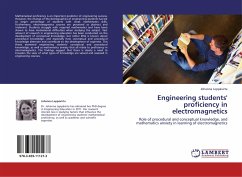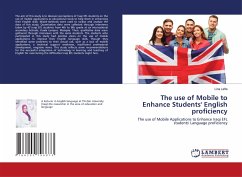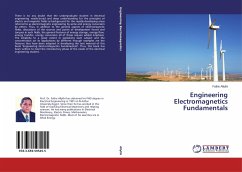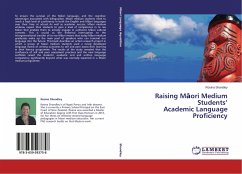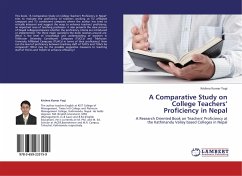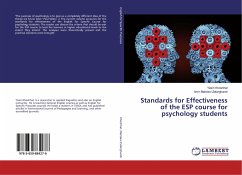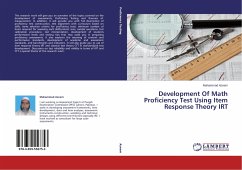Mathematical proficiency is an important predictor of engineering success. However, the change of the demographics of engineering students has led to larger percentage of students with weak mathematics skills. Furthermore, electromagnetics courses are perceived as abstract and irrelevant. Students struggle with required mathematics and have been shown to have motivational difficulties when studying the subject. Vast amount of research in engineering education has been conducted on the development of conceptual knowledge, but rather little is known about procedural knowledge, and especially how conceptual and procedural knowledge alternate and contribute to the development of expertise. This thesis examined engineering students' conceptual and procedural knowledge, as well as mathematics anxiety that all relate to proficiency in electromagnetics. The findings suggest that there is clearly a need to broaden the view of what types of knowledge are valued and assessed in engineering courses.
Bitte wählen Sie Ihr Anliegen aus.
Rechnungen
Retourenschein anfordern
Bestellstatus
Storno

